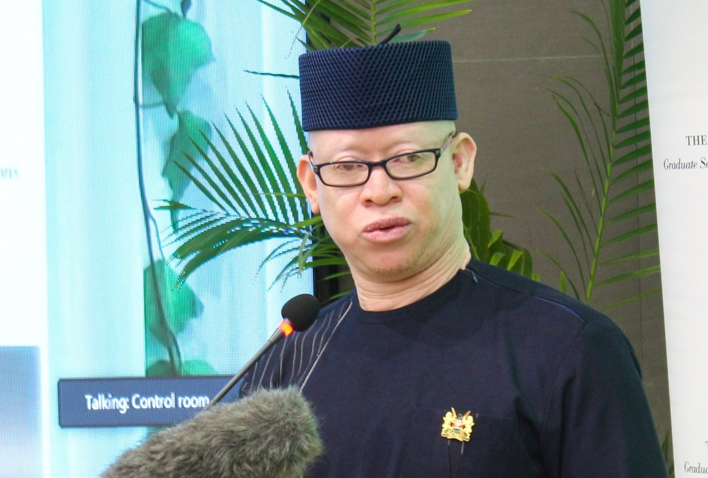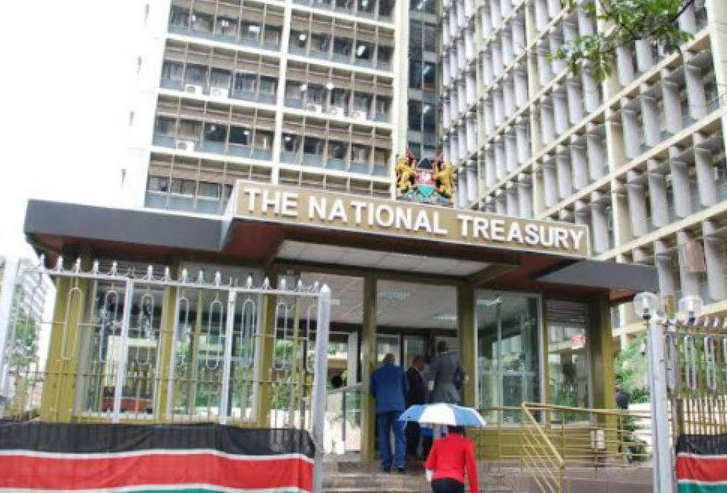Pending bills fall to Sh481b as government pays suppliers

The government has made significant progress in clearing its pending bills, a new report shows. National Treasury Quarterly Economic and Budgetary Review reported that the government’s pending bills had dropped from over Sh500 billion in June 2022 to Sh481 billion by December 2022.
“The total outstanding national government pending bills as at 31st December, 2022 amounted to Sh481 billion,” Treasury said in the latest Quarterly Economic and Budgetary Review. Of the total outstanding pending bills, Sh400.7 billion (83.3 per cent) belonged to State Corporations, while Sh80.3 billion (16.7 per cent) were owed by Ministries, State Departments and other government entities (MDAs).
The State Corporations’ bills were made up of payments to contractors and projects, suppliers, unremitted statutory and other deductions, pension arrears for Local Authorities Pension Trust, and other expenses.
Interest rates
Kenya Kwanza administration had said it will float a bond of Sh600 billion to pay off the pending bills but high interest rates have relegated the Treasury to reopening old bonds.
The highest percentage of the SCs pending bills (70.6 per cent) were for contractors and projects, and suppliers. Ministries/State Departments and other government agencies pending bills, on the other hand, were mainly historical pending bills.
“The government has been committed to clearing its pending bills, and the policy on this continues to be in force,” the Treasury said.
According to the policy, MDAs must clear historical pending bills within the guidelines spelt out in the Gazette Notice 297 of January 2005.
Furthermore, all MDAs should ensure that carryover payments from the 2021/22 financial year are treated as a first charge against the 2022/23 budgetary allocation before entering into new commitments, in line with Treasury Circular No. 04/2022.
When bills remain unpaid for an extended period, it creates a backlog of financial obligations, leading to cash flow issues for contractors and suppliers. This can lead to job losses, late payments, and businesses shutting down, ultimately affecting the economy.












